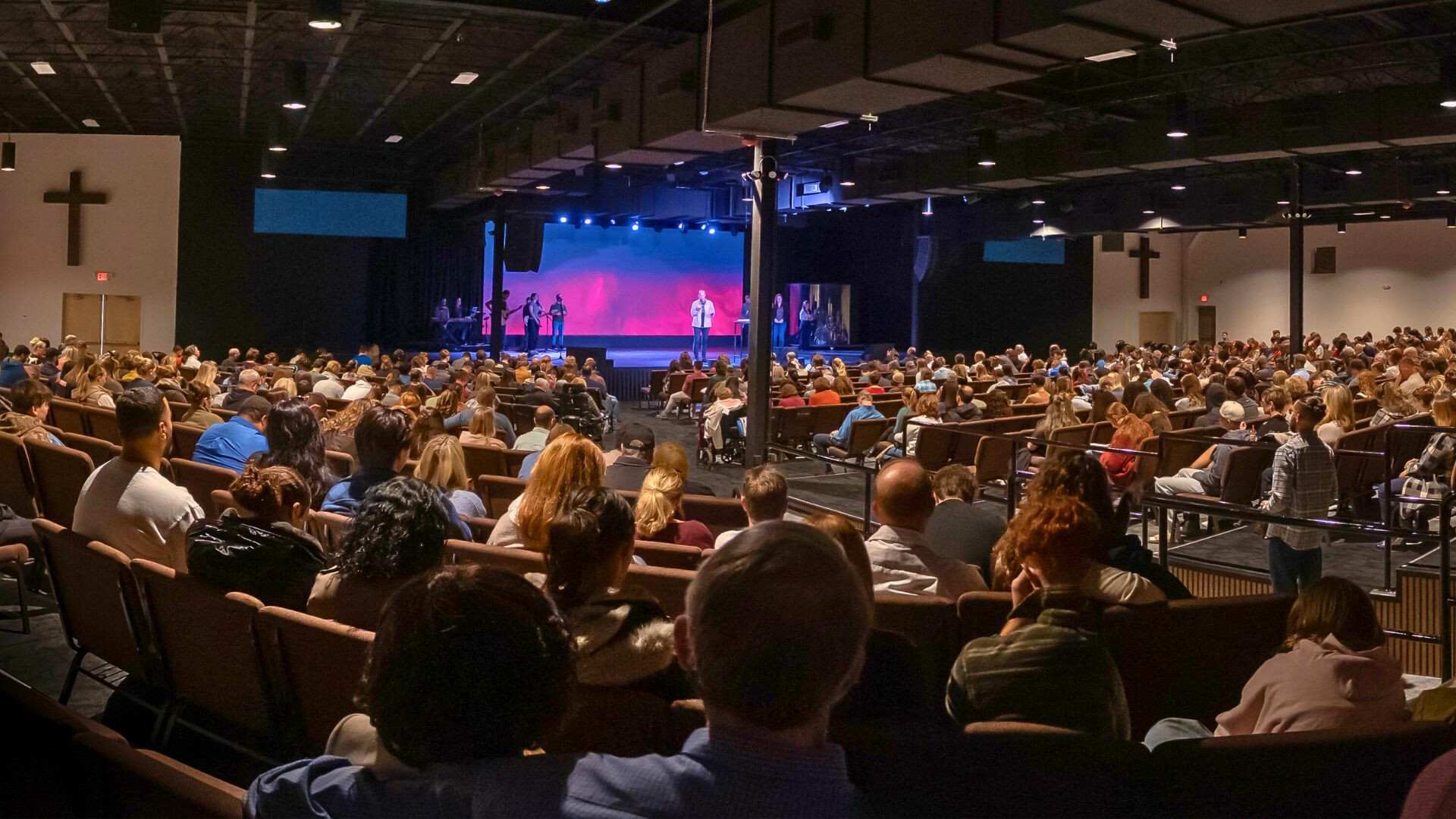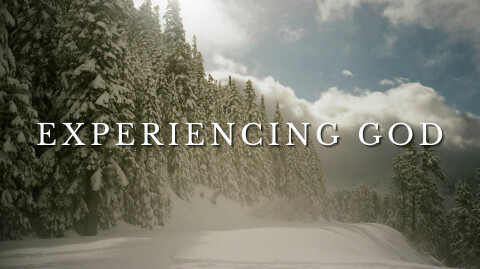As far as controversy goes, the proverbial pot doesn’t get stirred all that often in the worship music world. Creatives are typically pretty accepting of other creatives. That was the case until Reckless Love by Cory Asbury took the Church by storm earlier this year. When Cory sang that God’s love is reckless, worship leaders everywhere had to make a choice: do we sing a song that seems inconsistent with what we know about who God is?
We must be theologically honest enough to say God is not reckless in the dictionary definition of the word. When we say that a person is a reckless driver or a person spends money recklessly, we are describing someone who is thoughtless, careless, and rash—none of which is compatible with God. On the contrary, God (and His love) is perfectly purposeful in all that He does and doesn’t do.
So why then would we sing it?
As a self-described theological snob, I have 4 reasons why I will scream this song on Sunday.
1) We’re singing a song, not a word
As a whole, Reckless Love is describing the initiating and electing love of God. It’s not about a God who is acting without intention or is uncontrolled. It’s about a God who went to incredible lengths while we were living in rebellion of Him. Just read a few of the verse lyrics:
Before I spoke a word, You were singing over me
Before I took a breath, You breathed Your life in me
When I was Your foe, still Your love fought for me
God sings over His people (Zep 3:17). God breathes life into His Church (Eph 2: 1-10). God transforms His elect from enemies into children (Rom 8:7; 12-17). This is what we’re singing about. In the context of this song, “reckless” takes on a different connotation than what it normally assumes.
2) What looks reckless to the world is beautiful to us
The Gospel doesn’t smell right to the world. It doesn’t make sense. Why would God go through hell, literally, for a wicked people? Why would a King nail Himself to a cross? It makes sense that Paul says the Gospel looks foolish when you consider what we believe (1 Cor 1:20-25)! The same can be said about the intensity of His love…it can look reckless. Reflect on the bridge lyrics:
There's no shadow You won't light up
Mountain You won't climb up
Coming after me
There's no wall You won't kick down
Lie You won't tear down
Coming after me
God’s love looks violent. It descends deep into extravagant depths to bring us back to Him. It may look like chaos to the world, but to us it is gloriously calculated and controlled.
3) Language is always limited
We’ll always lack an adequate vocabulary to describe all that God is. We’ll never be able to say all that needs to be said to fully grasp and worship the King of kings. In fact, Paul says Jesus’ love surpasses all knowledge (Eph 3:19), so our best attempts to write about Him will always fall short. When it comes to an adjective like “reckless,” it’s not a matter of whether it describes God’s love perfectly. It’s a question of whether this is just one sunray whose radiance can be traced back to its beaming source.
4) Poetical license illuminates our experience
Creativity seeks to find fresh ways to describe a creating God. And this is necessary because there are no two people who experience God in the exact same way! Everyone is drawn to and attracted to God in different ways.
When we sing,
O, the overwhelming, never-ending, reckless love of God
O, it chases me down, fights 'til I'm found, leaves the ninety-nine
I couldn't earn it, and I don't deserve it, still You give Yourself away
O, the overwhelming, never-ending, reckless love of God
we’re joining in on the songwriter’s experience of Luke 15: 1-7. We’re not affirming theological propositions in doing so, we’re celebrating what God taught him and (hopefully) we’re learning new ways to think about the infinitely indescribable love of God.
At the end of the day we’re wrestling with a very open-handed issue - should we sing a particular song or not? I understand if you don’t want to sing it. Lyrics matter. If “reckless” is a theological hurdle you cannot jump, I completely respect that. However, there needs to be space for creativity and imagination in the pursuit of doctrinal precision to help us all worship God more fully.





